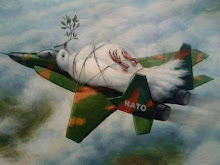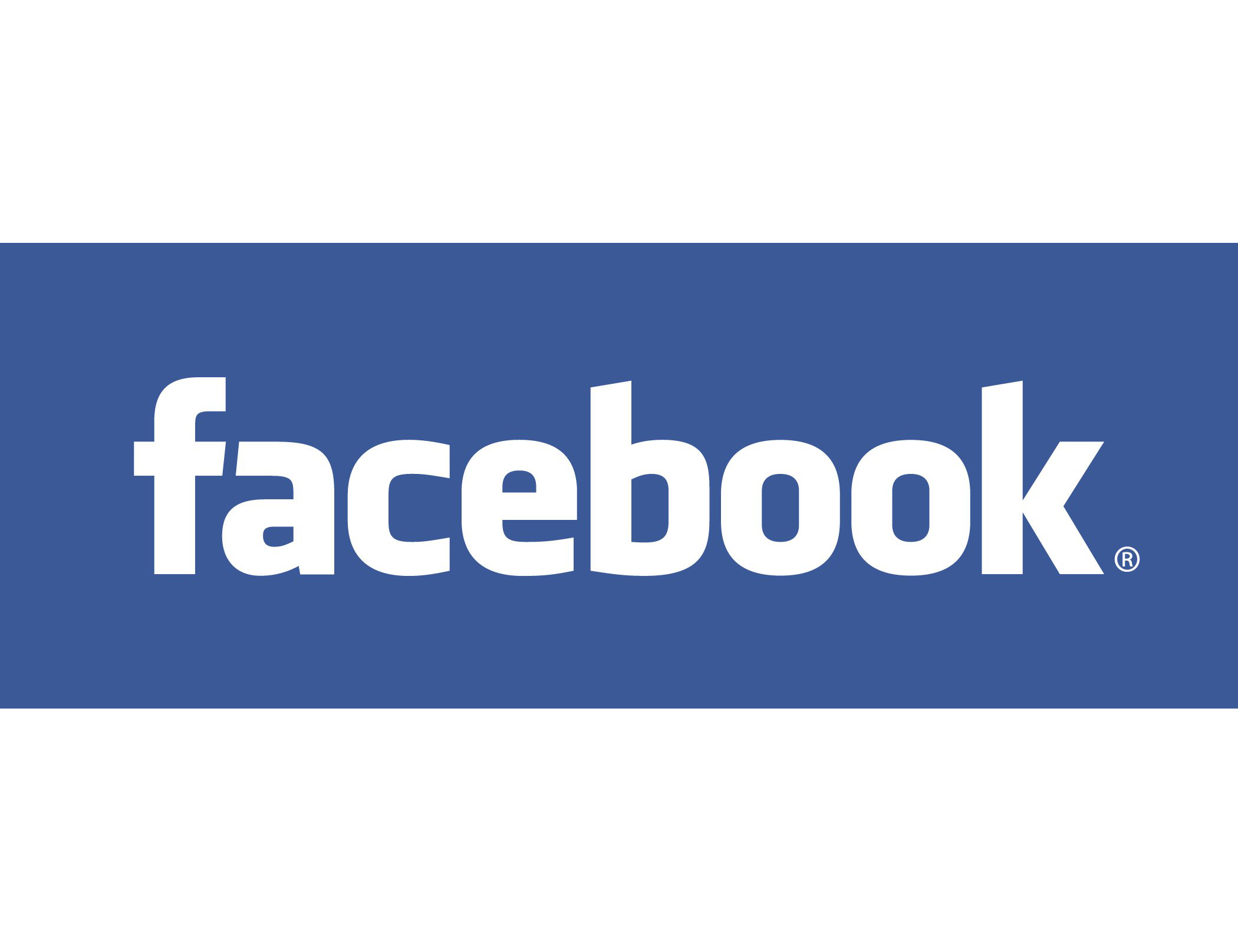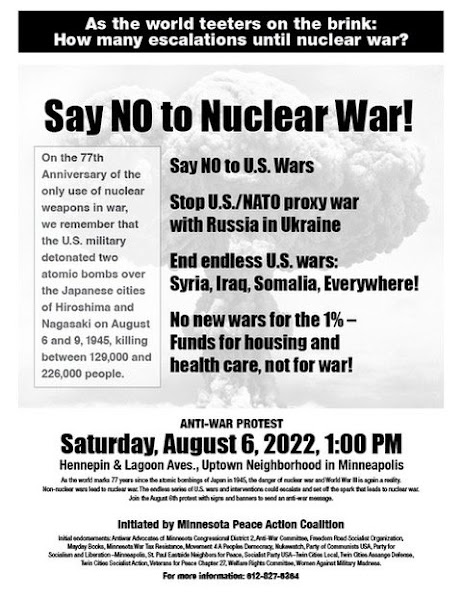By Nafeez Ahmed
Global banks and investment firms are bracing themselves for an “unprecedented” upsurge in civil unrest in the US, UK and Europe as energy and food price spikes are set to drive costs of living to astronomical levels, Byline Times can exclusively reveal.
The information comes from the head of a ‘financial institutions group’ – which provides expertise and advisory services to other banks, insurance companies, and other financial institutions – at one of the largest investment firms in the US.
The senior investment executive, who spoke to Byline Times on condition of anonymity because the information he revealed is considered highly sensitive, said that contingency planners at top financial institutions believe “dangerous levels” of social breakdown in the West are now all but inevitable, and imminent. An outbreak of civil unrest is expected to occur anytime this year, but most likely in the coming months as the impact of the cost of living crisis begins to saturate the lives of “everyone”.
"Well-to-do middle classes will find it hard to afford staple foods and pay bills. So we are anticipating dangerous levels of civil unrest that could spiral into an unprecedented social crisis".
The executive works at a leading Wall Street firm which is considered a systemically important financial institution by the US Financial Stability Board. These are institutions whose functioning is considered critical to the US economy, and whose failure could trigger a financial crisis.
According to the executive, major banks all over the world including in the US, UK and Western Europe are instructing their top managers to begin actively planning how they will respond to the impact of financial disruption triggered by a prolonged episode of civil unrest. However, the banking official did not elaborate on what these planning measures involved beyond reference to stress testing to determine the impact on investment portfolios.
While increased civil unrest in developing countries has been openly discussed by major institutions such as the UN, World Bank, IMF and other institutions, this is the first time in recent years that expectations of a coming epidemic of social breakdown in Western societies has been attributed to top banking and investment firms.
“All the major banks know that the cost of living crisis is out of control,” said the top financial advisor.
“The pandemic was bad enough and highlighted how certain groups of people were going to be worse affected, the poor, minorities and so on. But the combination of energy and food shocks are a tipping point that will push Western societies over the edge. This will impact everyone. Well-to-do middle classes will find it hard to afford staple foods and pay bills. So we are anticipating dangerous levels of civil unrest that could spiral into an unprecedented social crisis.”
The warning comes as Bank of England governor Andrew Bailey described how “apocalyptic” food and energy price rises and a 30-year high rate of inflation would lead to a “very big income shock” driving up unemployment and slashing household spending.
But that barely scratches the surface. The senior US banking official warned Byline Times that the current crisis was about to plunge the general public, including middle classes, into deepening poverty. Worse, the conventional economic toolbox to address financial volatility had run out of stream:
“There isn’t anything left in the toolbox of the existing financial system. We’ve run out of options. I can only see the situation worsening.”
The official claimed that they had been made aware of the internal planning by various banks through conversations with senior colleagues in recent weeks.
The official’s warnings fit into an analysis I’d put together in 2017 where I had argued that a combination of energy, food and debt crises similar to what we had seen in the run up to the 2008 financial crash were likely to reappear in the coming years in a more intense form. The global system, I’d warned, was in the midst of a protracted collapse process as the incumbent fossil fuel-dominant paradigm crumbles into a spiral of diminishing returns. Although I’d expected this global crisis convergence to happen earlier, it was delayed by the impact of the pandemic, which temporarily reduced demand and global consumption.
A major outbreak of civil unrest this year would be consistent with a rising trend in political violence over the last decade since the 2008 financial crash, as documented by the Institute for Economics and Peace’s Global Peace Index. Between 2011 and 2019, demonstrations, strikes and riots around the world increased by 244% and continued to increase in 2020 during the pandemic.
The Global Peace Index’s latest figures show that global peace has deteriorated for the ninth time in a row by 0.07%, and has overall worsened over the last 15 years. Violent demonstrations and riots have now occurred in 158 countries, over 80% of the world. This escalating trend in civil unrest fits into a pattern of ‘systemic’ social unrest, with multiple countries simultaneously expressing dissatisfaction, anger, and demanding change.
The rising trend did not begin 15 years ago. It, too, is part of a much longer rising trend in political violence which began to especially accelerate since the 1970s, which is when the global economy first entered a stage of ecological ‘overshoot’.
The evidence of escalating instability in the global system suggests it is entering a period of rapid, dramatic change as incumbent industries and political institutions are losing control. While the prospect of intensifying instability is daunting, the weakening of the status quo is opening up a new possibility space to explore previously unthinkable alternatives.
The managers of the incumbent paradigm cannot see this opportunity. In particular, they cannot recognise that the feedback loop of accelerating energy, economic and food crises is intensifying because the dominant carbon-intensive industries in these sectors are economically obsolete, with huge geopolitical consequences as they unravel before our eyes.
Contrary to the grim fatalism of established financial institutions – which see no way out of a crisis very much of their own making – new visions and ideas for economic transformation coupled with the continued acceleration of key technology disruptions in energy, transportation and food suggest that the very collapse of the incumbent paradigm is paving the way for a breakthrough into a new system. But citizens, including those working in the financial sector, must be able to see this opportunity before they can seize it.
















